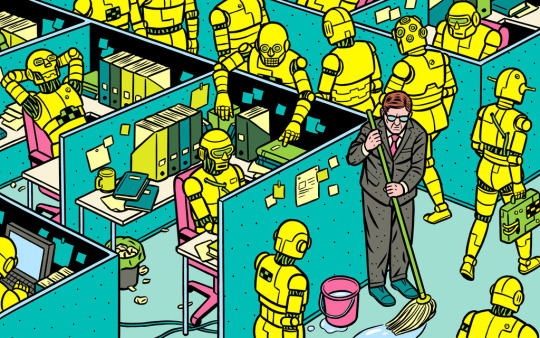With the storm damage to the roof of our Spanish caseta
repaired we were able to begin our life as transhumants or at least sample the
peasant life. You see, during late June in inland Spain the fierce sun burns its
way through a clear blue sky making outside, unshaded work nearly impossible
for us North Europeans and quite unthinkable for the locals. Even typing this
blog brought on a sweat. So what to do? Change lifestyle of course. Wallow in
the traditional siesta and work in the mornings and evenings.
Yes, well, that was the idea. Our dream was to live in the
expanded caseta for a few days at a time, rising with the sun or even before
it, sleeping when it was at its worst (when only mad dogs and Englishman are
about) then back to work in the cool of the evening before bedding down as darkness
fell.
The first night we were in celebratory mood, really pleased
to be living in the extended and refurbished caseta with its little shower room
under the stairs and the reclaimed bed and table now installed after their long
journey from Oxford. Beer was cooling in the irrigation channel below, the solar
lights were functioning and I even took a cold, but satisfying shower before
lighting the barbeque. All thoughts of labouring on the land flew from our
minds as we found ourselves in party, rather than work, mood. We ate we drank.
Up on the terrace we listened to a strange animal screaming, a frightening and,
at times, troubled cry. It was really rather frightening and so loud in the
pine woods above the caseta. No doubt it was a fox though someone suggested it
might have been a genet cat. By that time the evening had flowed into night, yet
it was not dark. The high bright moon still illuminated the huerto guiding me
to the free range toilets - I haven’t quite solved the organic toilet problem
yet, but I will. At present it’s a walk in the woods or a wooden seat above a
bucket.
I set the alarm for six but missed it and rose at eight to
wander down to the third terrace with my scythe over my shoulder and sharpening
stone in hand. I was leading the attack against the weeds that, during our year
of absence, had overtaken the newly reclaimed area. My enemies were the barbed
bramble, the sharp rooted pampas grass and tough-stemmed variety of grasses
that had reinvaded our now desiccated vineyard and vegetable garden. I started
valiantly, but they had the sun on their side. Even at this time in the morning
my exertions with the scythe soon produced an almighty sweat. Droplets were
running down my nose and plopping onto the thirsty soil at my feet. Feeling
exhausted and somewhat faint I soon gave up and struggled back up the hill to
the cool of the caseta where I remained for the rest of the day, working in the
shade and taking a long siesta in the afternoon.
That evening I did some more scything in the shade of the
big fig trees and the next morning I did get up at six and finished the job
before the sun blasted me off the land. I also cleared a few of the olive trees
in our overgrown grove below. Then, later that morning, we moved back to the
cool of our village house, our first peasant period complete. It was enjoyable,
but not a great success work-wise. Becoming peasants may take some time.









